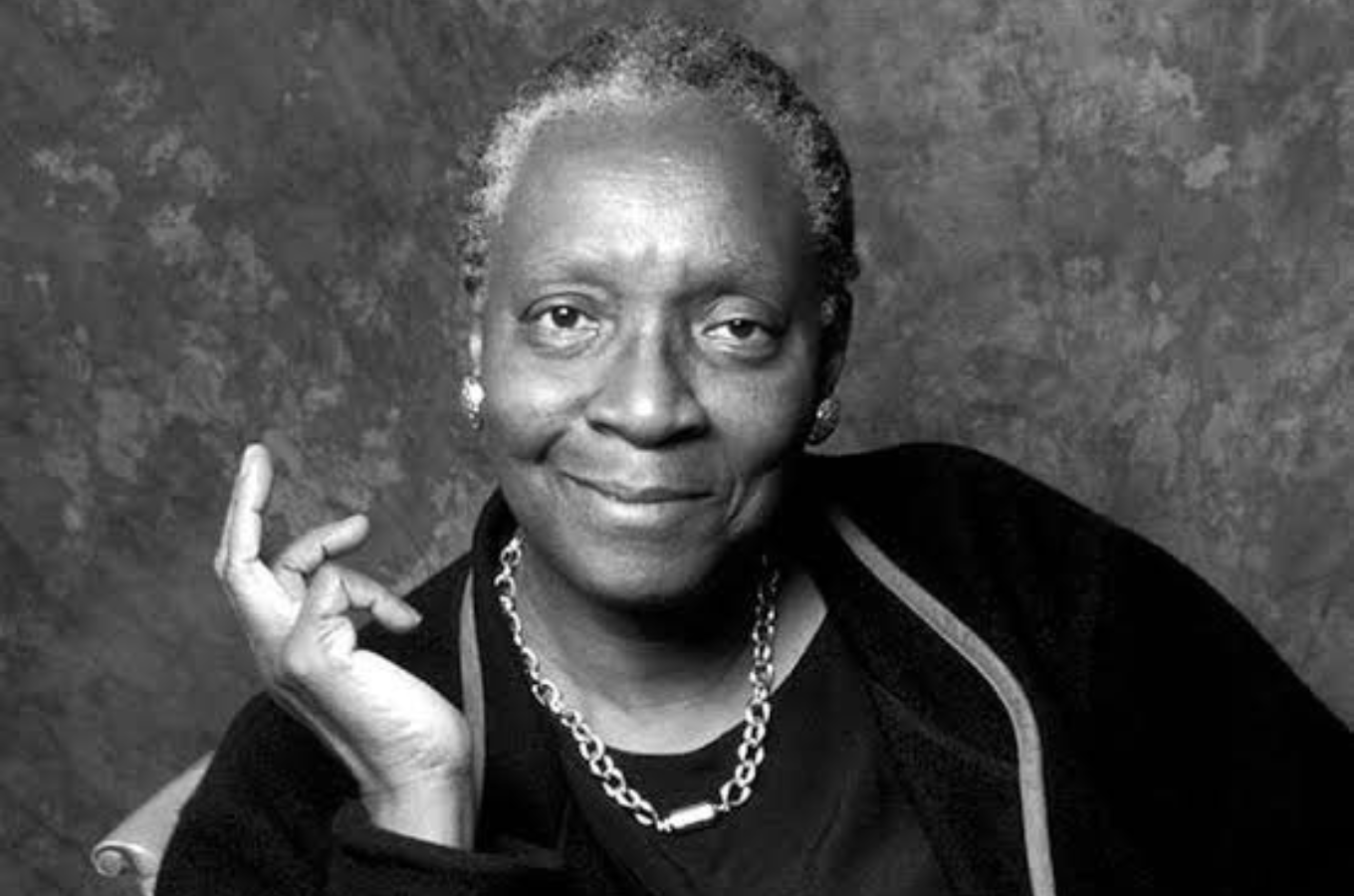
French-Guadeloupean writer Maryse Condé has passed on at the age of 90. She died on April 2, 2024 in the south of France.
Condé’s passing is a great loss to the African and Francophone literary community. Her novels explore the effects of slavery and colonialism in the African diaspora, especially the Caribbean. Congolese author Alain Mabanckou remarked on X (formerly Twitter) that Condé was the “Grande Dame of World Letters”, who bowed out and “bequeathed a body of work driven by the quest for a humanism based on the ramifications of our identities and the fractures in history”.
Born in Pointe-à-Pitre, Guadeloupe, Condé was the youngest of eight. Her parents were among the first black instructors in Guadeloupe, creating a legacy of education which she would continue herself. Condé began writing at an early age and had written a one-act play by the time she was 12 years old.
After graduating from high school, she attended Lycée Fénelon from 1953 to 1955 but was expelled after two years of attendance. Condé then completed her studies at the Université de Paris III (Sorbonne Nouvelle) in Paris. From 1960 to 1972, she taught in Guinea, Ghana, and Senegal.
She then worked in London as a BBC producer for two years and in 1973, she returned to Paris and taught Francophone literature at Paris VII (Jussieu), X (Nanterre), and Ill (Sorbonne Nouvelle). In 1975, she completed her M.A. and Ph.D. at the Sorbonne Nouvelle in Paris in Comparative Literature. She authored many works of criticism including Le profil d’une oeuvre (1978), La Civilisation du Bossale (1978), and La Parole des femmes (1979).
In 1976, Condé published her first novel Hérémakhonon. However, she did not become renowned for her fiction writing until the publication of her third novel, Ségou (1984), which is set in Ségou (now part of Mali) and examines the violent impact of the slave trade, Islam, Christianity, and white colonization on a royal family from 1797 to 1860.
Following the success of Ségou, in 1985, Condé received a Fulbright scholarship to teach in the U.S. and was included in the Margaret Busby’s 1992 anthology Daughters of Africa. In 1995, she became a professor of French and Francophone literature at Columbia University in New York City, where she was subsequently professor emerita.
For the rest of her years, Condé taught at various universities including UC Berkeley; UCLA, the Sorbonne, the University of Virginia, and the University of Nanterre. She retired from teaching in 2005.
Condé’s writing has always focused on feminist and political concerns; however, her later writings shifted to an autobiographical style such as Tales From the Heart: True Stories From My Childhood (1999) and Victoire (2006), a fictional biography of her maternal grandmother. Originally written in French, Condé’s novels have now been translated into English, German, Dutch, Italian, Spanish, Portuguese, and Japanese.
Condé won various awards throughout her lifetime, such as the Grand Prix Littéraire de la Femme (1986), Prix de l’Académie française (1988), Prix Carbet de la Caraïbe (1997) and the New Academy Prize in Literature (2018). In 2022, she was honored as one of 12 Royal Society of Literature International Writers. She was considered a strong contender for the Nobel Prize in Literature but was never awarded one.
We are deeply saddened by the news of Condé’s passing. We extend our heartfelt condolences to her family and friends, and we celebrate her life as she joins the ancestors.
May her soul rest in peace.









COMMENTS -
Reader Interactions